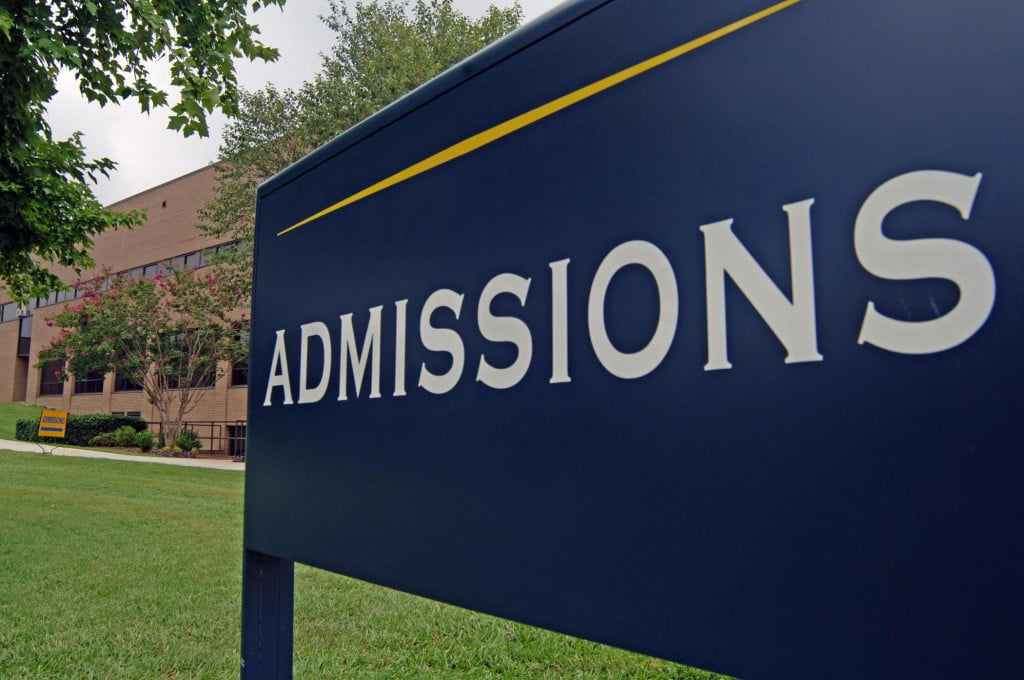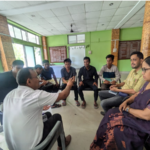Getting admitted into a course is not easy; one has to pass several stages of the admission procedure such as interview, competitive exams and many more. However, many students drop out from different courses due to various reasons. This not only leads to financial losses but also is a waste of time. So, it’s better to know the course and the university or the college before getting in, because the train ticket to visit is cheaper than dropping out after one term.
Understand the course: First decide yourself what you want to be and then check whether the course can help you with that or not. Many times people who hate Biology wants to become a Doctor, one should understand that it is not possible. There are different combination of subjects too; one should properly understand how the combination would help him/her.
Seek help from Veterans: If you are not clear about your idea of the subject, do not hesitate to talk to someone who has the knowledge of the field. If required, take more suggestions.
Meet your seniors to know more: The products of the university/college are the best ones to tell about the course and the lecturers too. To know more about the lecturers, check their profile.
Inquire about the placement opportunities: This is a very important criterion to judge a university or a college. Gather information on where the students are placed and what is the pay package. You can also talk to some employers about the products of the university.
Don’t choose to go out until it is required to be: Staying at a local place is the most wonderful thing and you can also save money. When you enjoy the luxury of home, you can do better results. And you can also work or gather practical experience after your classes by joining an internship at your interested area of work.
Be wise, don’t believe all the myths: It is often seen that many reputed colleges or universities do not have the adequate infrastructure which is required to learn the course. Be practical; choose the one where you can learn all the skills.
Google to know more: Instead of wasting time on liking and commenting on other’s status, check the Facebook page of the institute or the people who are from the field where you want to work, talk to them, build your network. Google has answers to many things, check the affiliations and the other features of the college to be sure of getting admitted.
Locate yourself wisely: If you are studying a subject which demands to stay at a city or metropolis, choose a college located in that city so that you can get practical exposure. Same location also helps in getting recruited easily if you qualify the criteria of the job.
Know Universities:
Central universities- Established by an Act of Parliament and are under the purview of the Department of Higher Education in the Union Human Resource Development Ministry. There are 45 central universities in India.
State universities- The 321 state universities of India are run by the state government of each of the states and territories of India, and are usually established by a local legislative assembly act. Most state universities are “affiliating universities” in that they administer a large number of “affiliated colleges” (many located in very small towns) that typically offer a range of undergraduate courses, but may also offer post-graduate courses.
Deemed university-This is a status of autonomy granted by the Department of Higher Education on the advice of the UGC, under Section 3 of the UGC Act. There are 129 deemed universities in India.
Private universities-They must be approved by the UGC. They can grant degrees but they are not allowed to have off-campus affiliated colleges.
There are 187 private universities.
TOP educational institutes for Social Sciences:
Lady Shri Ram College for Women
Loyola College
St. Stephen’s College
St. Xavier’s College
Miranda House
Christ University, Bangalore
Madras Christian College, Chennai
Hindu College, New Delhi
Fergusson College, Pune
Stella Maris College, Chennai







